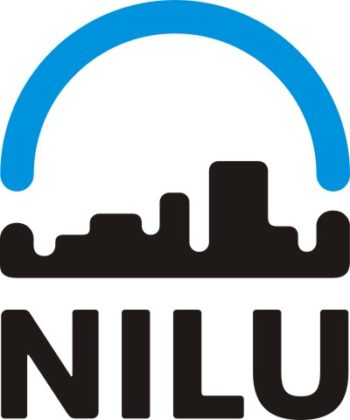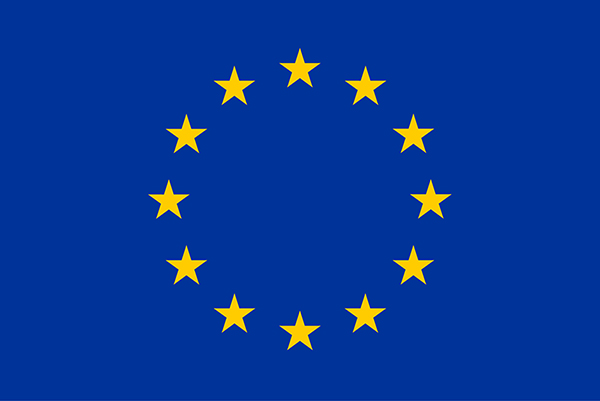NANOTEST
NANOTEST
Development of methodology for alternative testing strategies for the assessment of the toxicological profile of nanoparticles used in medical diagnostics
ABSTRACT
Nanoparticles (NP) have unique, potentially beneficial properties, but their possible impact on human health has not been adequately assessed.
The main goal of this proposal is to develop alternative high-throughput testing strategies using in vitro and in silico methods to assess the toxicological profile of NP used in medical diagnostics. Our specific aims are to:
- Define NP properties and fully characterize NP to be used
- Study NP interactions with molecules, cells and organs and develop in vitro methods to study the toxicological potential of NP
- Validate in vitro findings in short-term in vivo models and study particle effects in animals and (ex vivo) in humans to assess individual susceptibility to NP
- Develop in silico models of NP interactions
Experimental work is structured in 4 WPs to address NP characterization and key elements in evaluation of NP uptake, exposure and toxicology.
NANOTEST integrates the investigation of toxicological properties and effects of NP in several target systems by developing a battery of in vitro assays using cell cultures, organotypic cell culture and small organ fragments (ex vivo) derived from different biological systems; blood, vascular system, liver, lung, placenta, digestive and central nervous systems.
As NP action is likely to involve oxidative stress we will focus on the cross-cutting areas of inflammation, cellular toxicity, immunotoxicity, genotoxicity and related endpoints. Following development of SOP and generation of a common database and in parallel with in silico assays (SAR, PBPK modeling), NanoTest will evaluate toxic effects and interactions of NP used in nanomedicine.
Results will be validated in an experimental ethically approved in vivo model. The most advanced and standardized techniques will be adapted for automation and prepared for validation by ECVAM. Separate WPs will be dedicated to dissemination and to effective administrative and scientific management.
Project Budget: 3’933’271 €
LEITAT Budget: 107’177 €
Financial Framework: FP7
Contract number: 201335
Start Date: 01/01/2011
End Date: 31/03/2012
Partners:












Contact Manager: A. Satti


